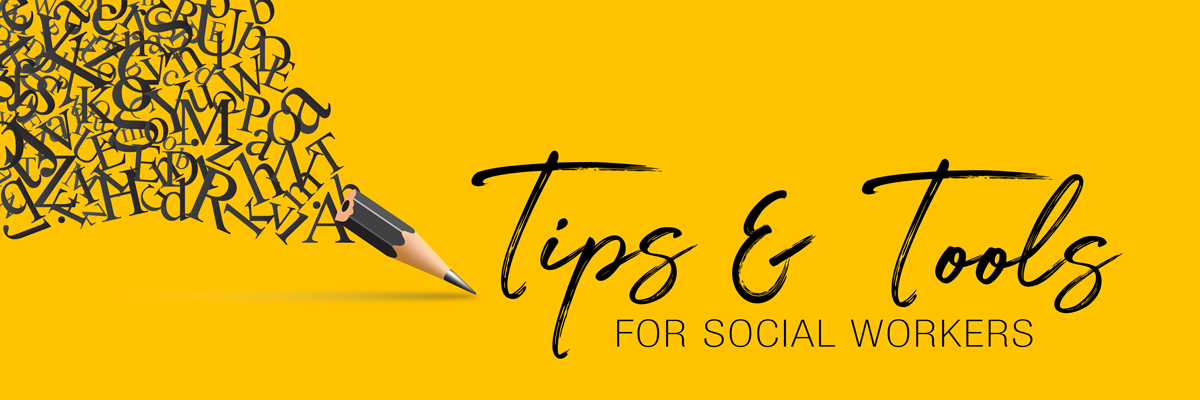
Key Health Care Policy Dates in Spring 2023
By Carrie Dorn, MPA, LMSW
Senior Practice Associate, Health
Social workers serve clients and families who access and benefit from many different programs, several of which are approaching key end dates. This Tips and Tools document outlines upcoming dates that may signal changes in health insurance coverage and access to health care services. Social workers are trusted partners who can help individuals prepare for these changes.
Last Day of Continuous Coverage Requirement in Medicaid and CHIP
March 31, 2023
The Medicaid continuous coverage provision that has been in place since January 2020 will end on March 31, 2023. Since 2020, individuals have not been disenrolled from Medicaid, even if their income and eligibility status has changed, leading to significant growth in Medicaid and Children’s Health Insurance Program (CHIP). State agencies are permitted to start the redetermination process in February, March, or April 2023, and Medicaid disenrollments can begin on April 1, 2023. State Medicaid agencies are conducting campaigns and outreach to inform consumers about upcoming redeterminations. Social workers and their organizations can help individuals and families prepare for the redetermination process by updating their contact information with state Medicaid and CHIP agencies.
Social workers may find the following documents helpful:
Health Insurance Marketplace Special Enrollment Period (SEP)/Unwinding SEP
March 31, 2023 through July 31, 2024
Individuals and families who become ineligible for Medicaid and CHIP during the redetermination process will have an opportunity to access a special enrollment period (SEP) on the Health Insurance Marketplace. Consumers do not have to wait to lose health insurance coverage—they may attest to the coverage loss up to 60 days in advance and then have 60 days to select a plan and register for coverage on the Marketplace. Coverage can start as soon as the first day of the month following plan selection. In addition, if a state agency determines that at least one household member is ineligible for Medicaid or CHIP, their information will be sent to the Marketplace through a secure transfer. Consumers will need to take action to complete an application and select a coverage plan. Social workers can support individuals and families to anticipate coverage loss and transition to Marketplace coverage.
Additional information is available at:
End of the Federal COVID-19 Public Health Emergency (PHE)
May 11, 2023
The federal Coronavirus Disease 2019 (COVID-19) Public Health Emergency (PHE) was renewed for a final 90-day period on Feb 9, 2023. Based on recent COVID-19 trends, the Biden Administration has determined that the COVID-19 PHE will end on May 11, 2023. Some of the flexibilities instituted during the pandemic have been expanded by recent legislation, while some flexibilities will be terminated.
Access to COVID-19 vaccines at no cost will continue for most individuals with private insurance plans, Medicare Part B, and Medicaid. States must continue to cover COVID-19 testing and treatment for Medicaid and CHIP recipients without cost sharing until Sept 30, 2024. Telehealth flexibilities for Medicare beneficiaries will continue thorough December 2024. Many states have also extended access to and coverage for telehealth services for Medicaid enrollees, and most private insurers are opting to extend telehealth access as well.
Other benefits and flexibilities are ending in early 2023 or when the PHE expires. Additional monthly emergency allotments to the Supplemental Nutrition Assistance Program (SNAP) are ending by March 2023 when households return to regular SNAP benefit amounts. After the end of the PHE, reporting of COVID-19 test results and immunization data to the CDC by states, jurisdictions, and labs will no longer be required. CDC is pursuing voluntary agreements with states to continue data sharing. Individuals with private insurance and Medicare may have co-pays or cost sharing for COVID-19 tests and treatments, and uninsured individuals may have to pay for COVID-19 testing. Social workers can assist individuals to navigate coverage for COVID-19 testing and treatment and connect with accessible and affordable options.
Social workers may find the following resources helpful:
NASW will continue to monitor anticipated changes with the ending of the COVID-19 Public Health Emergency and continuous coverage provision in Medicaid and CHIP. NASW will communicate changes that affect social workers and the communities they serve.